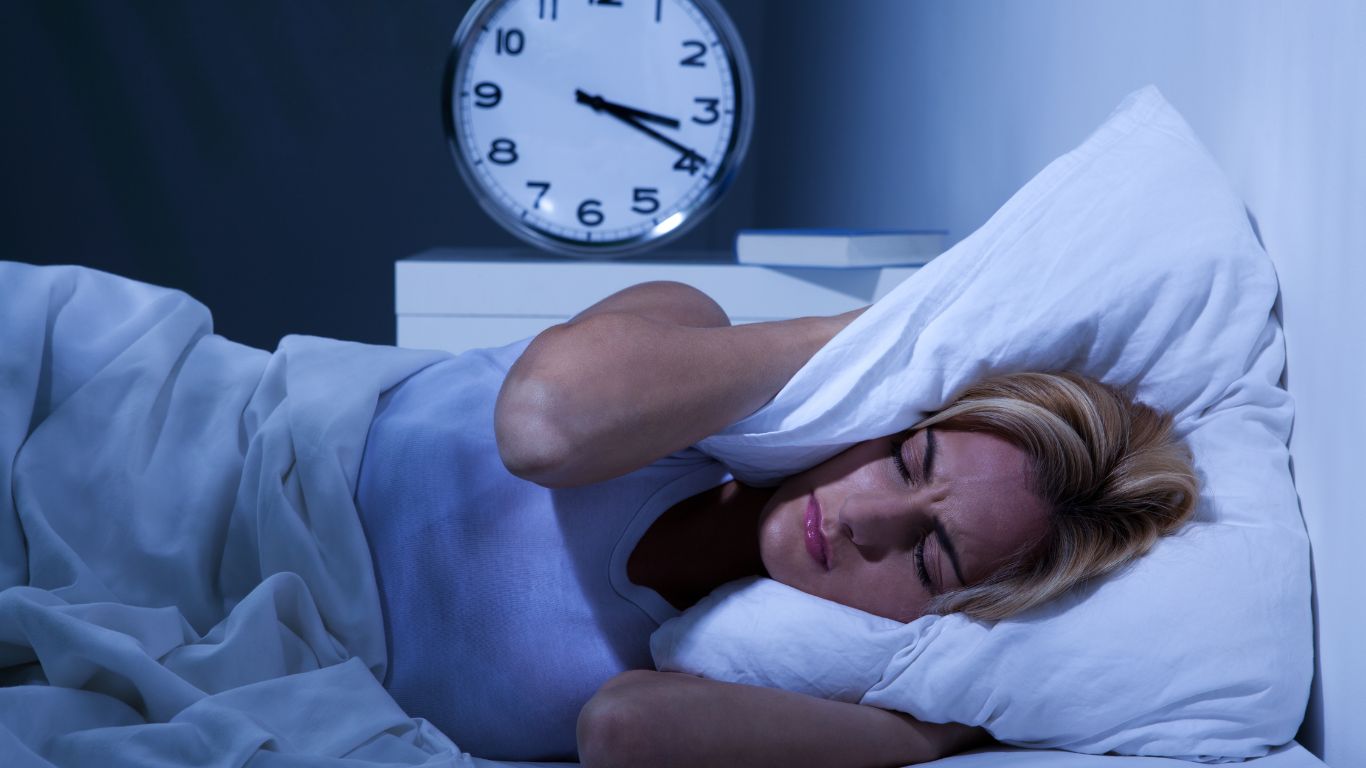Insomnia During Addiction Treatment
Insomnia is one of the most common symptoms of drug and alcohol withdrawal, especially during early recovery. Drugs and alcohol can negatively impact several neurotransmitters in the brain that are essential for good mental health and for getting a good night’s sleep. There are several substances that can also mess with circadian rhythms which are known for causing insomnia. Chronic pain due to substance abuse and withdrawal can also cause sleep disorders. Many in long-term recovery also report chronic insomnia, and taking sleeping aids may risk their sobriety, causing many to suffer from a sleep disorder.
Sleep quality is essential for healing from addiction and co-occurring disorders that may have resulted from long-term substance abuse. Insomnia causes several health conditions as well, including increased risk factors for congenital heart disease, and increased blood pressure, and affects mental health. However, there are several natural ways to help you fall asleep and get a good night’s sleep.
Symptoms of Insomnia
Insomnia is a sleep disorder that results in poor quality of sleep, staying awake for longer hours, waking up in the middle of the night and finding a card to return to sleep, and waking up very early in the morning. Some symptoms of insomnia include:
- Waking up too early
- Lying awake
- Waking up during the night
- Trouble falling asleep
- Daytime tiredness or sleepiness
- Depression, anxiety, or irritability
- Increased error or accidents
- Ongoing worries about coping with insomnia anxiety
- Difficulty paying attention, focusing, or remembering
- Not feeling well-rested after a night’s sleep.
Risks Associated with Taking Sleeping Pills for Insomnia
There are several risk factors when taking sleeping pills or sleeping aids. Not only do these sleep medications come with several side effects, they can also be habit-forming. Some risk factors associated with sleeping pills include:
- Building up a tolerance. You need more of the sleeping aid to get the same effects and taking too much sleep medication can cause depressed breathing or even be fatal.
- The next day I was drowsy. This can impair your driving or cause accidents the next day, while also reducing focus and overall productivity.
- Erratic behavior. Several prescription sleeping pills like zolpidem Ambien and eszopiclone Lunesta come with side effects like sleepwalking, sleep driving, and other activities when not fully awake.
- Sleeping aid dependence. You can end up addicted to prescription sleeping pills which can cause withdrawals when you try to come off them
10 Tips to Achieve Natural Sleep
There are several ways to treat insomnia naturally, mostly improving sleep hygiene can make a big difference. Here are several ways to treat your sleep disorders:
- Improve your sleep hygiene to help you fall asleep and improve your sleep quality, including:
- Avoid daytime naps
- Stick to a sleep schedule
- Keep your sleep environment cool
- Avoid caffeine and alcohol at night
- Have a quiet, comfortable, and dark sleep environment
- Reduce screen time hours before bedtime
- Essential oils like lavender can help you relax
- Physical activity. Daily exercise can help regulate the body’s hormones and chemicals
- Lifestyle changes, such as better nutrition, exercise, and eliminating harmful substances
- Mindfulness meditations
- Yoga practice
- Cognitive behavioral therapy
- Relaxation techniques, such as deep breathing exercises
- Progressive muscle relaxation
- Supplements like magnesium and melatonin can significantly improve symptoms of insomnia.
Overcoming Addiction at TruPath
TruPath Wellness is a drug and alcohol rehab center with comprehensive addiction treatment. Although we mostly treat addiction through evidence-based practices like cognitive behavioral therapy, we also help our clients adapt more holistic and natural ways to healthy living to aid in recovery and help them through withdrawal symptoms, such as insomnia disorder. We also help treat prescription medication addiction, including addiction to sleeping aids. If you or someone you love is struggling with sleep medication addiction, an insomnia disorder due to mental health issues, or substance abuse withdrawals, please give us a call today so you can get started toward a healthier you.
